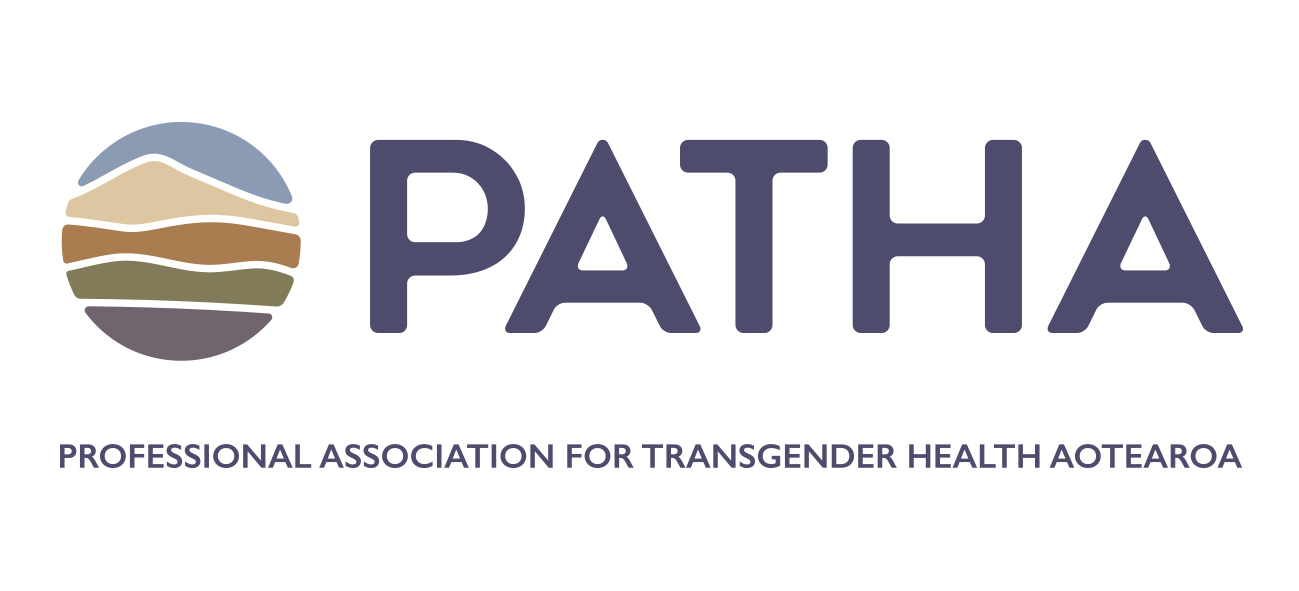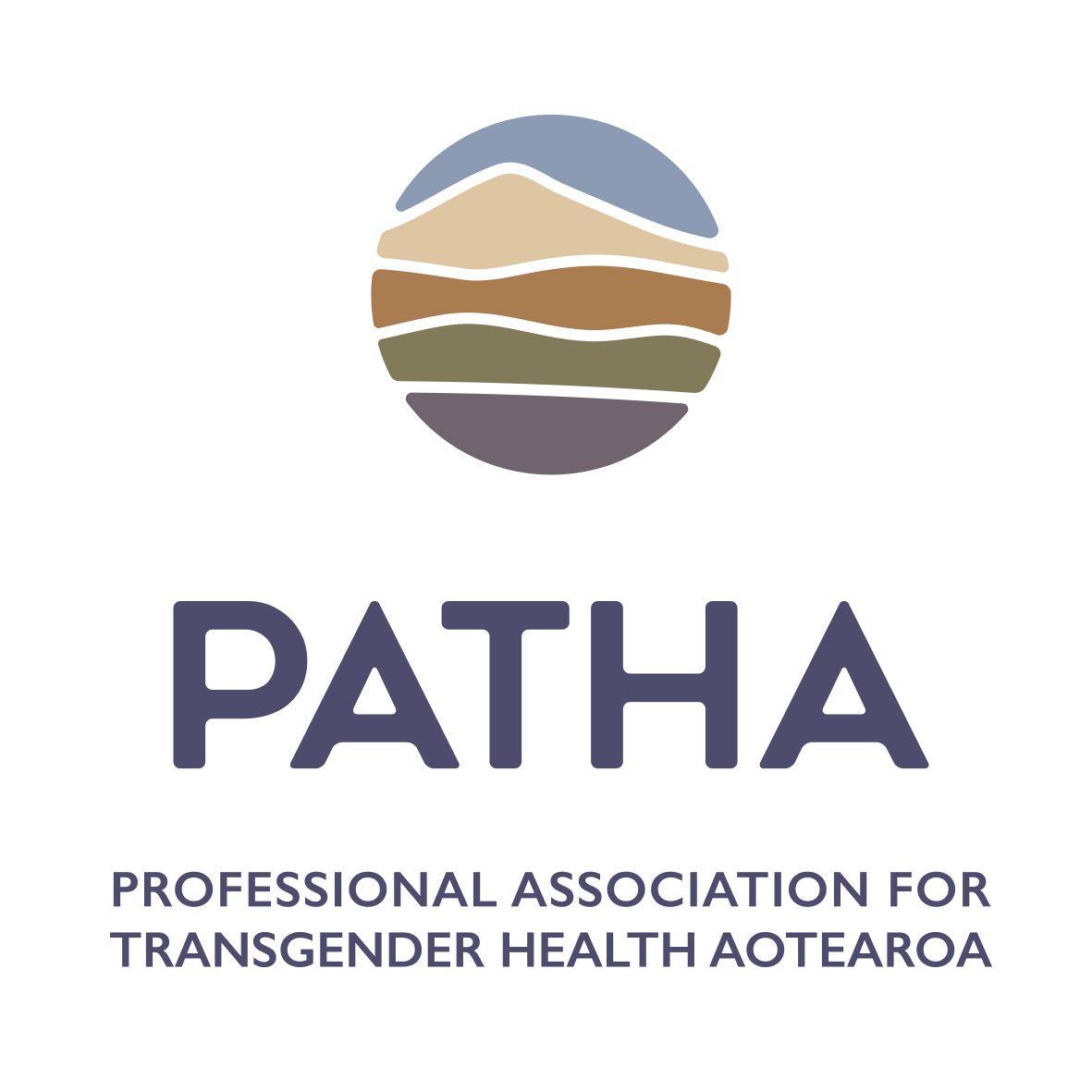Manatū Hauora / the Ministry of Health recently published an Evidence Brief and Position Statement on the use of puberty blockers in gender-affirming care
Following PATHA's statement about the Evidence Brief, PATHA leaders have been giving comments to the media.
Dr Rona Carroll, PATHA Vice-President, General Practitioner, and Senior Lecturer at the University of Otago gave the following comment to the Science Media Centre:
“I welcome the Ministry of Health’s evidence brief and position statement around the use of puberty blockers as part of gender affirming care. All young people deserve access to quality care in which clinicians take a holistic approach which includes their family and whānau, and which offers wider support services when needed. Just as with any other specialty service, this care should be provided by people with expertise, as is already the case in Aotearoa New Zealand.
“Whilst the review did not find high quality evidence of benefits for puberty blockers, it also did not find evidence of harm. However, the evidence accumulated for this position statement focussed entirely on the mental health effects and some specific negative clinical outcomes and doesn’t consider the physical benefits which are the main indication for prescribing puberty blockers in this context.
“Puberty blockers work to prevent potentially unwanted physical changes of puberty, which may result in distress to transgender people. Puberty blockers do not by themselves result in any physical changes; they simply delay the physical effects of puberty that would otherwise occur. The review focussed on identifying evidence to support puberty blockers improving mental wellbeing, but this is not necessarily an expected outcome of the treatment; mental health may not change because the potentially distressing pubertal changes are not happening. It is more important to note the adverse effects on mental wellbeing by not using puberty blockade and therefore experiencing pubertal change, and the position statement does not acknowledge this.
“Furthermore, the review does not take into account the improved outcomes for people beyond adolescence who go on to take gender affirming hormone therapy. In my experience, individuals who have used puberty blockers are more likely to see the physical changes they would like to see in adulthood from sex hormone therapy, as irreversible physical changes that occur during puberty are not present. It is at these later stages where we see the clinical benefits. Every week in my GP clinic I hear from young people and adults with gender incongruence who did not have puberty blockers, and who now suffer and struggle in ways which have a huge impact on their day-to-day life, due to the physical changes which occurred during puberty. There is little published data on this as an outcome, but it remains a primary indication for the use of puberty blockade.
“Another consideration of the narrow focus of this review is that it only reviewed evidence in relation to these medications in the context of gender affirming care. The same medications used to achieve puberty blockade in this context are widely used in other areas of healthcare such as precocious puberty and menstrual disorders. There is no evidence for sustained adverse effects from this in these areas, but this is not considered in the statement.
“When considering the balance of the potential benefits and low level of identified risks, limiting or restricting access to puberty blockers would not be an ethical approach to take. I fully support the need for high quality longitudinal data in this area, alongside continued access to holistic and interprofessional care for young people seeking gender affirming healthcare.”
Dr Carroll also gave the following comment to The Post:
"The ministry’s advice just cemented the need for a best practice approach ‒ which should have already been happening.
“Clinicians already exercise caution. They understand it's a complex area. They work in teams. They really provide that time and support to make sure it's the right thing for people.
“They're actually quite difficult to access. There’s a really long waiting list to get into these services, and they're being prescribed by people who have expertise in the area.
"Any moves to restrict or block access to puberty blockers would almost definitely cause harm”
Jennifer Shields, PATHA President, gave the following comment to RNZ:
"The evidence brief has only been out 24 hours and I've already had a number of families message me quite distressed, concerned for the wellbeing of their young people, concerned about their ability to access healthcare in the future.
"Any further restrictions are unnecessary and would only do harm to those who need that care the most
"PATHA is concerned about the appropriateness of opening this consultation on a medical matter to the wider public particularly when the matter of gender affirming care has become highly politicised and subject to disinformation.
"I would really caution the Ministry of Health to take that into consideration when they are assessing the findings of that consultation and really would caution government in particular about the impacts that a public consultation process is likely to have on the health and wellbeing of trans people of all ages but particularly for trans young people."
"It is important to take the politics out of a healthcare matter and bring it back to the wellbeing of the young people. At the centre of this there are children and young people who are experiencing mental distress, who are navigating a journey of gender recognition, who really do need access to this care and I would encourage people to think about what that experience is like.
"To even have questions about your identity and whether the body you have is the right one for you and to be experiencing potential permanent changes to your body that you have no control over, knowing that there is an intervention out there that can give you the time to make a decision without those permanent changes looming over you and then to have that option taken away is really traumatic for a lot of people.
"A lack of high quality evidence is not unique to puberty blockers. When we're thinking about high quality evidence, quite often we're talking about randomised control trials and those are really difficult and challenging to undergo for gender affirming care particularly. Partly because of the ethical considerations around withholding necessary care but also because if you're giving one group a placebo and another group puberty blockers or hormone therapy it becomes pretty obvious pretty quickly who's on what.
"I think it's really important that we're not holding this kind of healthcare to a standard that healthcare for the general public doesn't meet.
"Best practice often looks like paediatricians working alongside mental health professionals, peer support and social workers to help a young person and their family make the choices that are best and right for them, with the support they need. If the government is concerned about the safety of gender diverse young people, it is important to make sure clinicians nationally are adequately resourced and have access to this multidisciplinary support. PATHA would like to see standardised access to care and investment from the ministry for this.
"There may be limitations to comparing a New Zealand context to that of other countries. Particularly around the model and approach we take here in Aotearoa, some of the biggest comparisons that are often drawn are with healthcare provision in England, in the UK, and their approach to gender care, for a very long time, has been a centralised clinic model, which has meant long wait times and lower rates of access. Care in New Zealand is provided locally with every region having a distinct pathway, something which has a tangible impact of those accessing care.
"The Ministry's position statement makes it clear that puberty blockers can continue to be used as part of a comprehensive care plan for trans and gender diverse young people where needed. The statement is not a new set of rules, but guidance that acknowledged the approach experts already use.
"PATHA will continue to work to ensure access to this important care is maintained."

